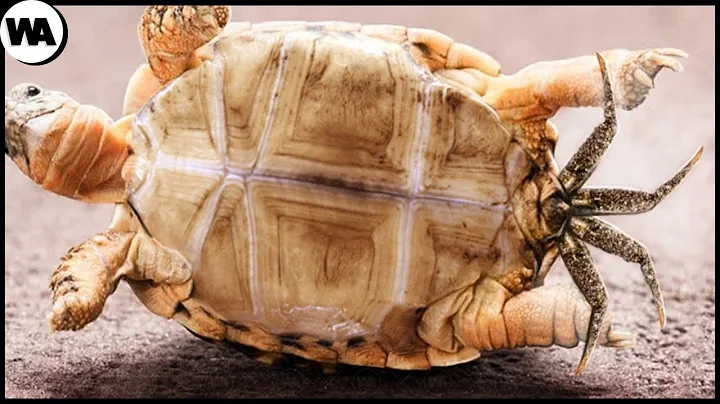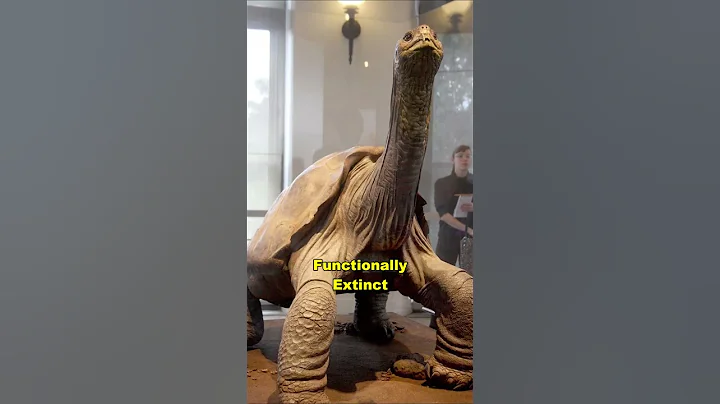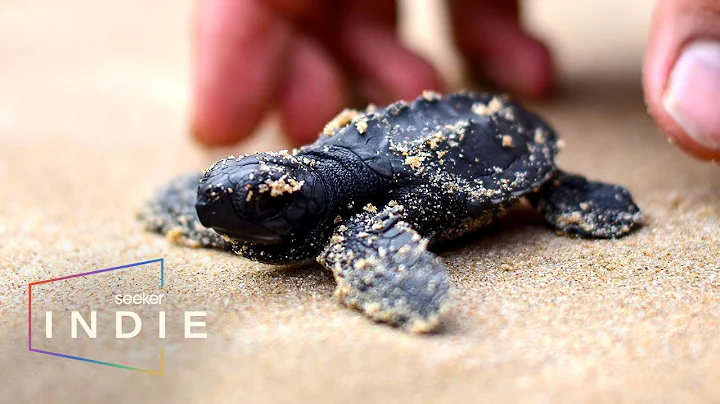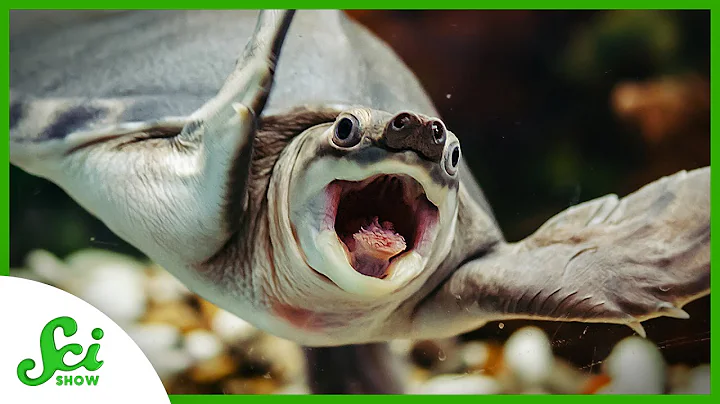How does Turtle defeat aging?

Sea turtles do not become more likely to die as they age (Photo by Volanthevist/Getty Images)
Death comes, but aging does not — at least for some animal species
Published June 23 in Science Two new studies in the journal find that sea turtles and tortoises age very slowly. In captivity, without the stress of finding food and avoiding predators, some may not age at all.
What’s even more interesting is that modern humans have yet to unlock this benefit, even though we live in a world that poses fewer daily survival challenges to us than the habitats of our early ancestors.
Aging and Death
Understanding this turtle's anti-aging superpower first requires a look at the puzzling concept that while death is inevitable, aging may not be. There are several ways to consider age. One is longevity, or the maximum lifespan of a species. Scientists typically define longevity as the age at which most (e.g., 95%) of the adults in a population die. For humans, this means a lifespan of approximately 100 years.
Another way to think about aging is in terms of aging. Aging is the decline of organisms as they age. This is easily seen in humans. As we age, our immune system declines, our bones become brittle, and our energy decreases. What's more, death becomes statistically more likely as you age. For example, a 50-year-old man in the United States has a 0.48 percent chance of dying within the next year, according to Social Security Administration actuarial tables. The chance of an 80-year-old person dying within a year is 5.6%. For a centenarian, the chance of him not ringing the bell next year is closer to 35 percent.
New research shows that this risk accumulates much more slowly in sea turtles and, in some cases, may not exist at all. In other words, in some species, age does not increase the risk of death. Eventually, all turtles will die, because even if there is only a 1% chance of death every year, the number of age-reverse reptiles will inevitably eventually appear. But whether a tortoise is 5 years old or 25, the chance of death may be the same—or, in the case of some long-lived species, even 125.
Scientists have long noticed that turtles and tortoises live very long lives. For example, this year a Seychelles giant tortoise named Jonathan (Aldabrachelys gigantea hololissa) turned 190 years old, making him the oldest tortoise ever recorded and the oldest land animal on record. Research in sea turtle biology shows that sea turtles and tortoises are able to rapidly kill damaged cells, and they are resistant to DNA damage that accumulates over time as cells divide: This may protect individuals even as they enter extreme old age.
The Evolution of Aging
From an evolutionary perspective, the big question is how turtles accumulated these incredible anti-aging abilities—and why the rest of us are stuck in the process of growing older. In the two new studies, researchers investigated the problem in wild and captive populations of sea turtles and tortoises.
The study, led by de Silva, looked at 52 captive species whose records are available in the Species360 Animal Information Management System, a software used by zoos to track livestock data. They found that about 75 percent of species had zero or negligible aging rates. In some cases, there is a wide range of uncertainty in how quickly a species ages, but in other cases, the numbers are consistent around zero, meaning these species may age very slowly or not at all. Some of these that are consistently of negligible age include the Greek tortoise ( Testudo graeca) and the black swamp turtle ( Siebenrockiella crassicollis).The Aldabra giant tortoise ( Aldabrachelys gigantea) exhibits negligible aging rates and an exceptionally long average lifespan of 60 years or more in captivity. The Galapagos tortoise ( Chelonoidis niger ), one of the species studied by scientist Charles Darwin when he traveled to the island of the same name in 1835, also has an average lifespan of 60 years or more.
The second study was conducted by another research group and looked at aging in wild populations. A long-held hypothesis as to why sea turtles age slowly is that because they are cold-blooded, they don't have to expend energy maintaining their body temperature, perhaps allowing them to direct that energy toward cellular repair. Northeastern Illinois University biologist and lead author Beth Reinke, co-author and Penn State wildlife population ecologist David Miller, and colleagues wanted to test this by comparing the aging rates of cold-blooded animals with those of warm-blooded animals. One idea, control factors such as body size.
To do this, they had to collect data from multiple scientists around the world who tag, or tag, animals in wild populations and then go back year after year to see if they could recapture the animals. These long-term field studies are one of the few ways to understand animal lifespans and demography in the wild.
To their surprise, the researchers found that cold-blooded animals did not age more slowly than warm-blooded animals. In contrast, cold-blooded animals show a broader range of aging effects, with some aging faster and some more slowly than warm-blooded animals of the same size. At least one species in four groups (frogs and toads, crocodiles, scaly lizards, turtles) ages at a negligible rate. However, as in de Silva and colleagues' study, sea turtles stood out.
Because cold-bloodedness couldn't explain this slow aging, the researchers tested a number of other possible factors that might explain why some species age faster and others more slowly. They looked at local average temperatures across each species' range but found different patterns: Hotter climates increased the rate of aging in reptiles but decreased the rate in amphibians . They also found that longevity is associated with later sexual maturity, suggesting that long-lived, cold-blooded animals live at a slower pace.
How to Die and Not Age
But one of the most interesting findings is that the cold-blooded animals that age the slowest are also the ones with the strongest defenses to protect them from predators. In particular, physical protection like shells is associated with low aging rates.
Shells prevent turtles from being eaten, meaning they have lower mortality rates from external sources than animals without this protection. (Imagine the likelihood of a young box turtle surviving an attack by a fox, compared with a young rabbit.) This low mortality rate across all ages means the turtles may survive long enough to Harness their cellular protection to fight aging.
If many animals are eaten or die from diseases. Not many animals survive long enough to benefit from the kind of cellular processes that slow aging. In other words, protective traits allow animals to live long enough for evolution to exert anti-aging protection.
There are potential evolutionary similarities to humans, many of whom today live in comfortable environments with easy access to food and shelter - unlike sea turtles in captivity. The slow aging of sea turtles and tortoises may seem enviable, but humans are actually no slouch when it comes to longevity. Humans age faster than common turtles, but much slower than many other species.
The biology of sea turtles and tortoises could help unlock the secrets of anti-aging in humans, but more research is needed to achieve this goal. More work is needed to understand the evolution of aging in other animals. For example, there isn't a lot of data on extremely long-lived species, especially on whether the rate of aging in very long-lived animals accelerates at some point in time.For example, Jonathan the Turtle, biologist Steven Ostad of the University of Alabama at Birmingham and Caleb Finch, an aging researcher at the University of Southern California, wrote in an editorial accompanying both studies. He is blind, cannot smell, and must be artificially fed.





















